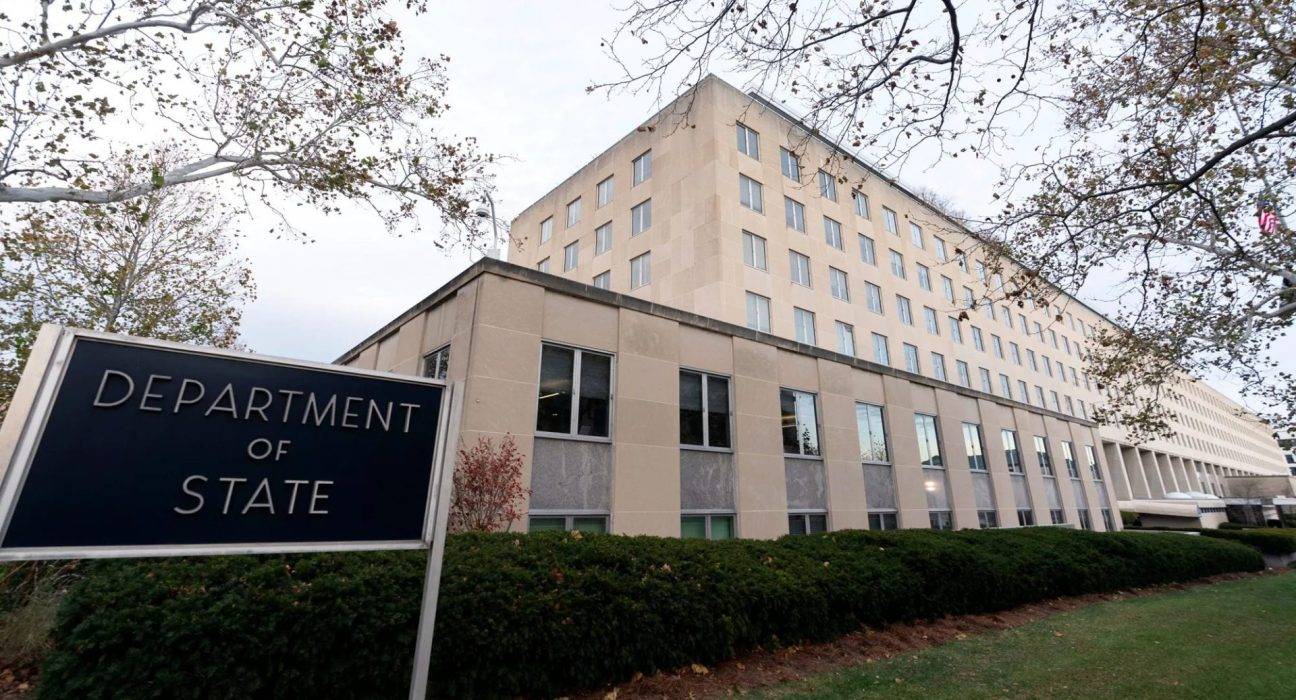The U.S. State Department confirmed that it has revoked roughly 6,000 student visas since Secretary of State Marco Rubio assumed office seven months ago, marking one of the most aggressive immigration enforcement campaigns in recent years.
According to a senior department official, the revocations were tied to visa overstays, legal violations, and activities deemed contrary to U.S. foreign policy interests. The official noted that about 4,000 revocations were linked specifically to criminal offenses, including assault, driving under the influence, burglary, and alleged support for terrorism.
The announcement underscores a shift in immigration policy under Secretary Rubio, who has invoked a rarely used law allowing the State Department to rescind visas at its discretion. The move has been framed as part of the administration’s broader effort to tighten immigration rules and increase scrutiny of foreign students.
Rubio has been outspoken about his focus on students from China and those engaged in political activism, particularly campus protests critical of Israel. In March, he described activist students as “lunatics” and emphasized that he was personally revoking visas on a daily basis.
The crackdown has sparked a wave of legal challenges. Two recent high-profile cases involved students who were detained before federal judges ordered their release. Mahmoud Khalil, a Columbia University student and legal permanent resident, alleged in a lawsuit that his detention was an attempt to “terrorize” him. Rumeysa Ozturk, a Turkish graduate student at Tufts University, was released after being held by plainclothes agents over an article she wrote critical of Israel.
Despite mounting criticism, Secretary Rubio has defended the policy as both legal and necessary. He has argued that visa revocation is an executive power beyond the reach of judicial review and that non-citizens are not guaranteed constitutional protections such as free speech.
Related: US Resumes Student Visa Processing with Strict Social Media Scrutiny
As lawsuits move forward, the controversy is expected to intensify, setting up a potential clash between the executive branch and the courts over the limits of immigration authority and student rights.



